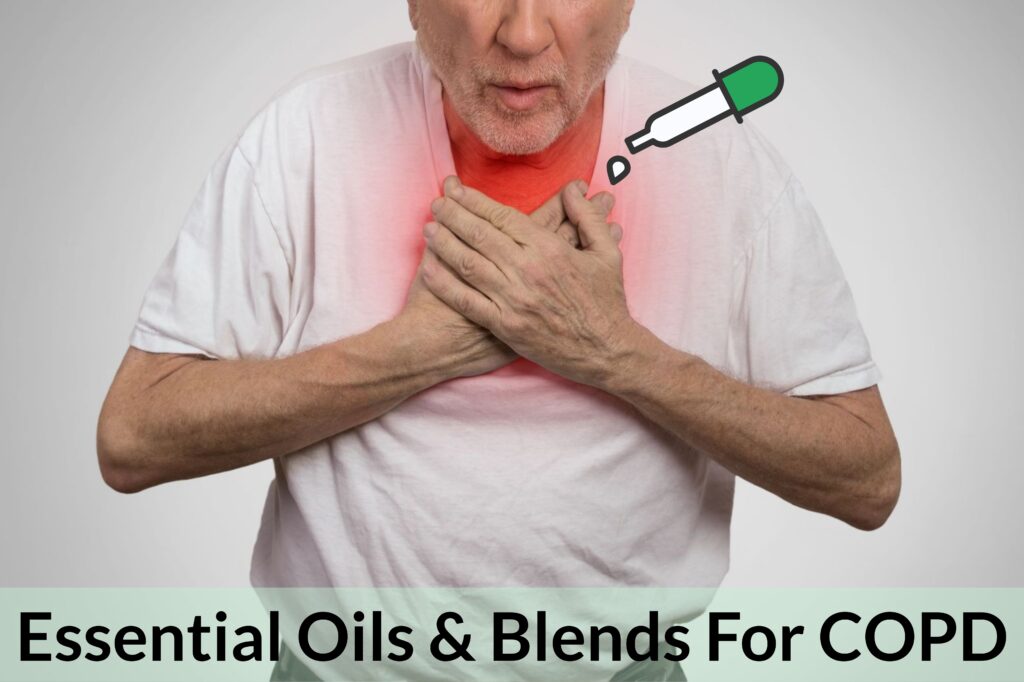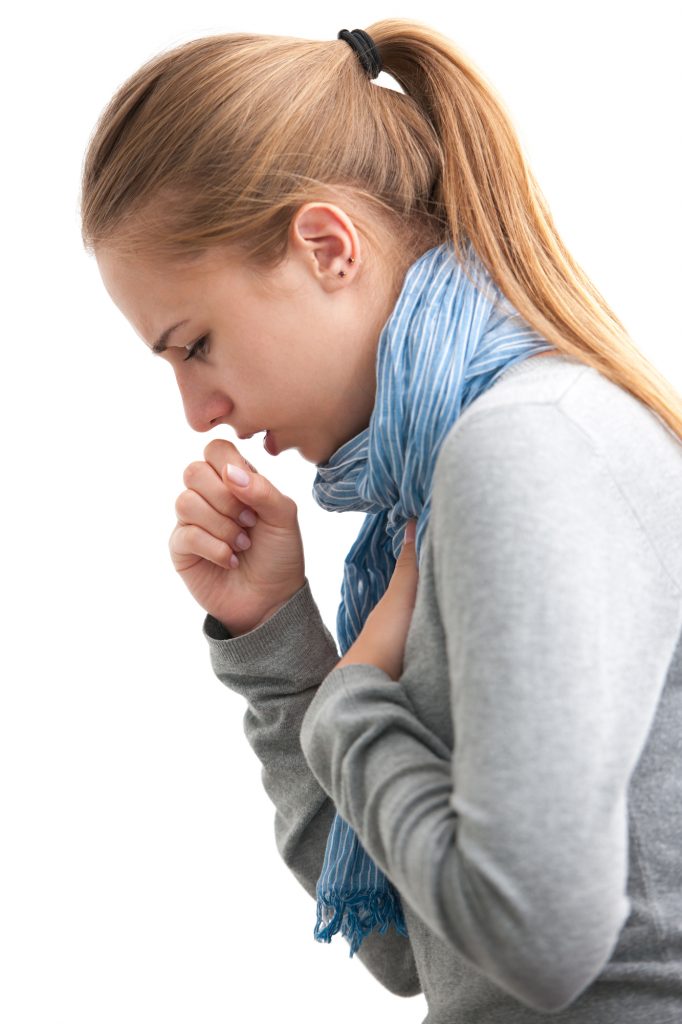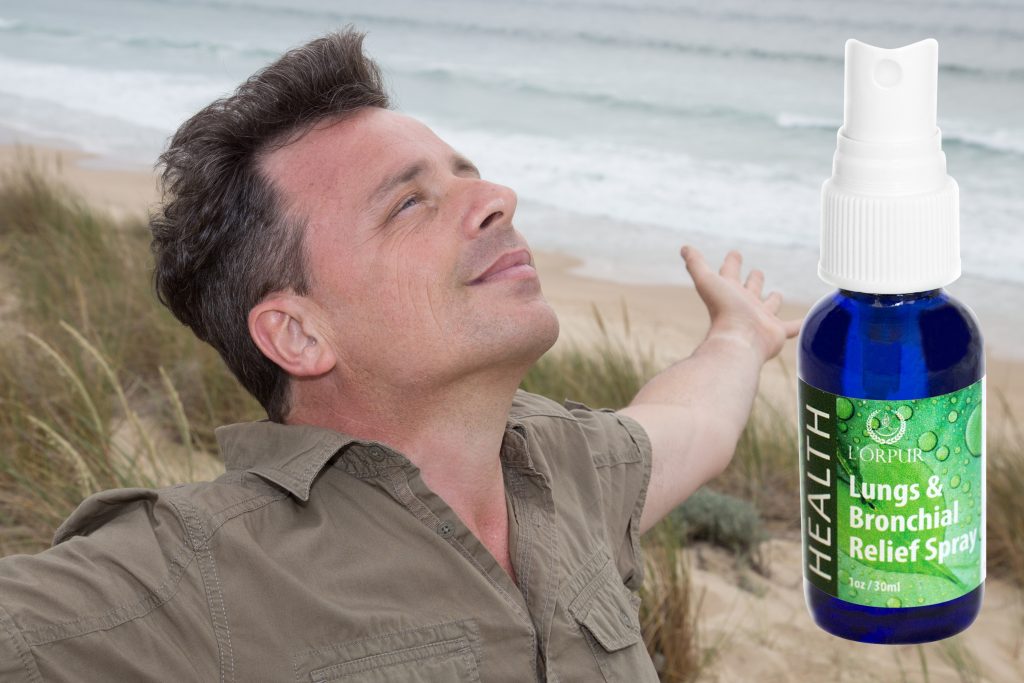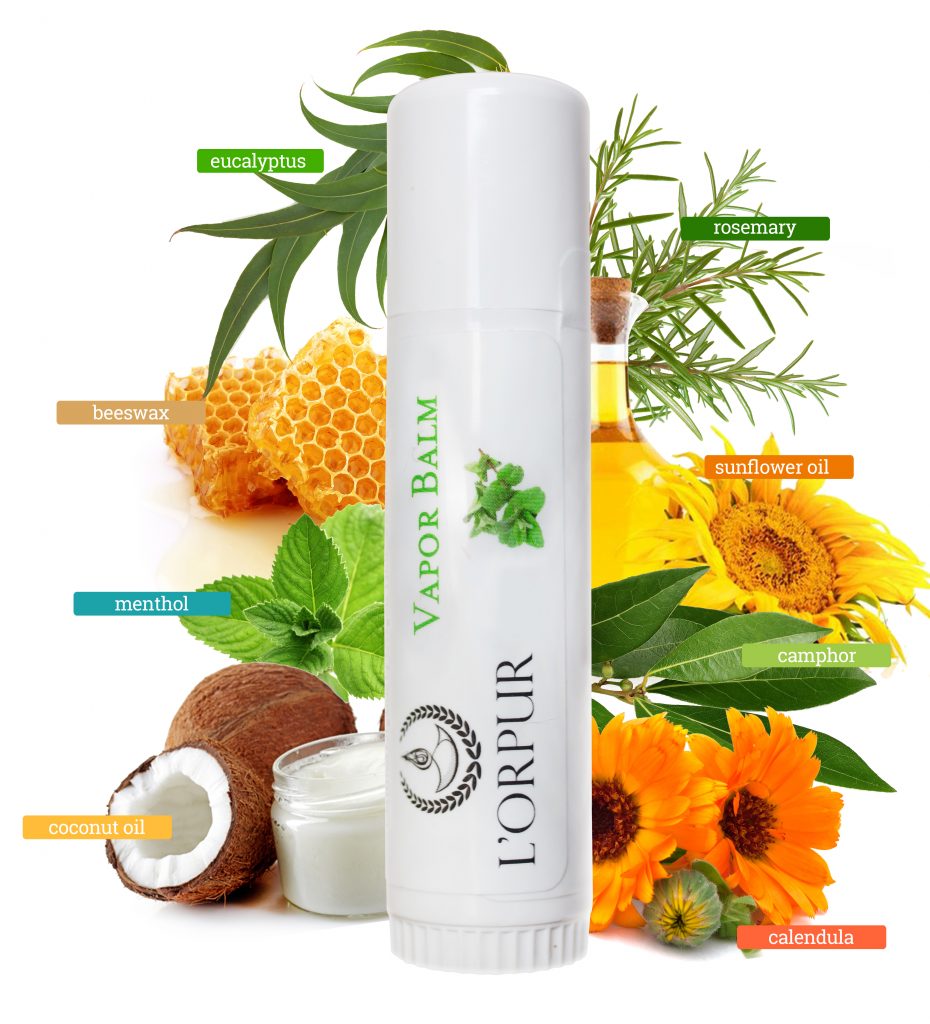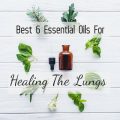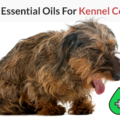Hi readers, happy to see each and every one of you here. That means I’m doing something right and playing my part by lending a helping hand in the form of life-saving knowledge.
Now, most people tend to think that coughing and increased breathlessness are all a normal part of aging. However, it could be something totally different.
In today’s segment, we’ll be delving deep into one of the most debilitating groups of progressive lung diseases that affects almost 200 million people globally – COPD.
In its early stage, COPD is almost unnoticeable and can develop for years before you begin to see the symptoms. That’s why it’s important to stay informed and on the lookout.
In this segment, we’ll be looking at what exactly COPD is and how it presents itself in the human body. We’ll also dig into all the leading causes of the disease and what you can do to prevent, treat and manage the condition.
So, take a seat and ask for some water, because you’ve just found the ultimate resource for everything you’ll ever need to know about COPD.
What Is COPD?
Short for Chronic Obstructive Pulmonary Disease, COPD is an umbrella term used to describe a set of progressive lung diseases with the most common being chronic bronchitis, emphysema, refractory asthma and other forms of bronchiectasis.
Generally speaking, COPD is, a type of progressive, obstructive lung disease characterized by inadequate airflow, coughs with sputum, and long-term breathing problems.
Being a progressive disease, COPD starts off mild and becomes worse as time goes. In the beginning, the only symptom could be just an annoying cough. But eventually, even simple activities like getting dressed, walking or working become extraordinarily fatiguing and challenging.
Typically, the disease usually affects people over the age of 40 without any gender bias. Tobacco smoking has been identified as one of the main causes of COPD, but research also shows that genetics, air pollution, and long-term exposure to irritants could also have a role to play.
But before we look at the causes and treatments of this group of diseases, let’s make sure that it’s really COPD and not something else.
Signs And Symptoms Of COPD
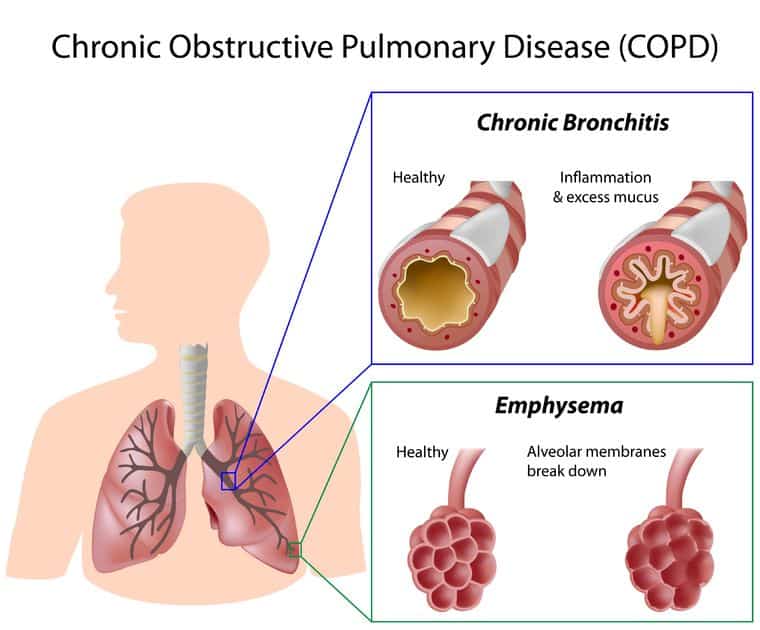
The most common symptoms of COPD usually include productive coughs, shortness of breath, and sputum. But as explained above, it can take years before you get any noticeable signs. So by the time you start getting symptoms, chances are that significant lung damage has already occurred. At first, the symptoms are mild, and most people actually dismiss them as a flu or cold.
These early symptoms include:
- Occasional shortness of breath after physical activity
- A mild, dry but recurrent coughs
- Need to clear throat more often than normal
But as the COPD progresses, the symptoms start materializing and become hard to ignore. As the lungs get more damaged, you might experience the following key symptoms:
- Regular shortness of breath even after slight activity
- Noisy, obstructed breathing or wheezing
- Frequent chest tightness
- Increased phlegm and sputum that needs to be cleared from lungs
- Chronic, recurrent cough (either productive or not)
- Frequent bouts of colds, flu, and several respiratory infections
- Malaise and general body fatigue
In its late stages, COPD presents the following symptoms
- Extreme fatigue
- Unexplained weight loss
- Swelling of the legs, ankles, and feet
- Trouble breathing or even talking
- Gray or bluish lips and fingernails to indicate low oxygen levels
- Extremely rapid heart rate or palpitations
- Confusion, dizziness, loss of consciousness
The symptoms get even worse if the person is still smoking or is exposed to regular irritants.
Causes And Risk Factors For COPD
Currently, Chronic Obstructive Pulmonary Disease affects close to 30 million people in the US alone. And the worst part is, over half of them don’t even know it. But no matter what part of the world you come from, the most common cause of COPD is cigarette smoking, followed by occupational exposure to irritants and environmental hazards.
Smoking
As the primary cause and risk factor for COPD, cigarette smoking plays a significant role in the disease. In America alone, about 90% of people who have COPD are either smokers or former smokers.
Generally, the risk of developing COPD increases with total smoke exposure. So the longer you smoke, the higher the chances. Apart from tobacco smoke, other types such as cigar, water pipe smoke, and marijuana also pose a risk albeit with very heavy use.
Air Pollution
In developing countries, the main cause of COPD is usually indoor air pollution from poorly ventilated cooking fires fueled by charcoal or wood. While urban air pollution also plays a role, its effects are minimal.
Occupational Exposure
Here’s another rampant cause of COPD in both developed and developing countries. Prolonged and intense exposure to workplace chemicals, dust, substances, and fumes substantially increase the risk of COPD.
Some of the industries infamous for workplace exposure include gold and coal mining, welding and paint fumes, and the cotton textile industry.
Treatment And Management Of COPD
Currently, there is no known cure for chronic obstructive pulmonary disease. However, there are plenty of ways to treat the symptoms and delay the progression as much as possible. Typically, the goal of the treatment is to reduce risk factors, prevent and treat acute exacerbations, manage the condition and any associated illnesses as well.
I’ve compiled some of the most widely preferred treatments and management techniques for COPD.
1. Exercise
There’s a particular exercise program known as pulmonary rehabilitation that is recommended for the benefit of the patient. This rehabilitation has proven to improve the ability of the person to exercise while also enhancing the overall quality of life. This treatment uses optimal exercise routines, non-invasive ventilation, arm workouts, breathing exercises, Tai Chi exercises among others.
2. Corticosteroids and Antibiotics
Although inhaled corticosteroids haven’t shown any benefit for individuals with mild COPD, they have proven useful for the later stages of the disease. They seem to decrease and even prevent acute exacerbations from taking over.
However, steroid use is still associated with some pretty adverse and significant side effects. Similarly, using long-term antibiotics such as erythromycin also reduces the frequency of exacerbations. However, this cost-effective treatment is also not without fault. There have been more and more reports of antibiotic resistance and hearing problems.
3. Bronchodilators
Often the primary medication used to treat COPD, Bronchodilators result in very dismal benefits. These agonists and anticholinergics work by reducing shortness of breath, wheezing and improving exercise limitations. So while they won’t do anything for the underlying disease, they help improve the individual’s quality of life.
But just like most western medicine, side effects seem to come hand in hand with most medications. Long-term use of bronchodilators has been associated with significant and adverse side effects such as shakiness, fatigue, heart palpitations and increased risk of pneumonia.
4. Oxygen
One of the inevitable effects of COPD is a decreased ability of your body to take in oxygen. So if your oxygen levels get lower than 50mmHg with saturations of less than 88%, a doctor will usually recommend supplemental oxygen.
If used for about 15 hours a day, supplemental oxygen reduces risk of heart failure and death substantially. Similarly, it helps improve the body’s ability to exercise, improve shortness of breath and impacts quality of life. However, this will have very little to no effect if the individual continues smoking.
5. Surgery
For individuals with extremely severe and advanced chronic obstructive pulmonary disease, doctors will recommend an array of surgical procedures as a last resort.
The first one is usually a lung volume reduction surgery that removes those parts of the lungs significantly damaged by the COPD. This allows the remaining portion of your relatively good lung to expand and perform better. However, this procedure increases the risk of early death and comes with adverse side effects. In more severe cases, there is usually no other option but to get a lung transplant.
Recommended Product For COPD
Want to ease the symptoms of COPD and/or seasonal threats and breathe easier. Look no further! The L’orpur Lungs & Bronchial Relief Spray is a powerful combination of Organic Plant Acids (OPA) and wild-crafted herbs that opens up your airways and help provide respiratory support.
Essential Oils For COPD

Along with your heart, the respiratory system is solely responsible for an array of vital functions in your body. Therefore, any decrease in the level of respiration can have adverse effects on both your physical and mental health.
I’ll be the first to laud pharmaceuticals for how far they have come in regards to COPD treatment. But if we’re being honest, corticosteroids, bronchodilators, and long-term antibiotics just aren’t for everyone. Apart from being ill-advised for people with pregnancies and other health issues, some of these drugs can have adverse and damaging side effects that include headaches, drowsiness, restlessness, shakiness, high blood pressure, rapid heart rate, pneumonia, among others.
There’s just something about natural healing that makes the body whole again. With Mother Nature’s help, essential oils have genuine benefits when used in the right way. And when it comes to chronic obstructive pulmonary disease, you’ve got to respect the power of some of these oils.
Packed with decongestants, antiseptics, sedative, relaxant, antibacterial, antifungal and anti-inflammatory properties, nothing works better for the respiratory system than essential oils. What’s more, the mere fact that you can easily sneak them into your respiratory system makes them the ideal remedy to COPD or any respiratory ailment.
Whether it’s hacking, coughing, congestion, nasty colds, flu, stuffy noses, asthma, emphysema, fibrosis, bronchitis, fatigue or any other respiratory issue associated with COPD, I’ve compiled only the best essential oils for the job and some age-old recipes to help you put out oils to good use.
8 Best Essential Oil Recipes For COPD
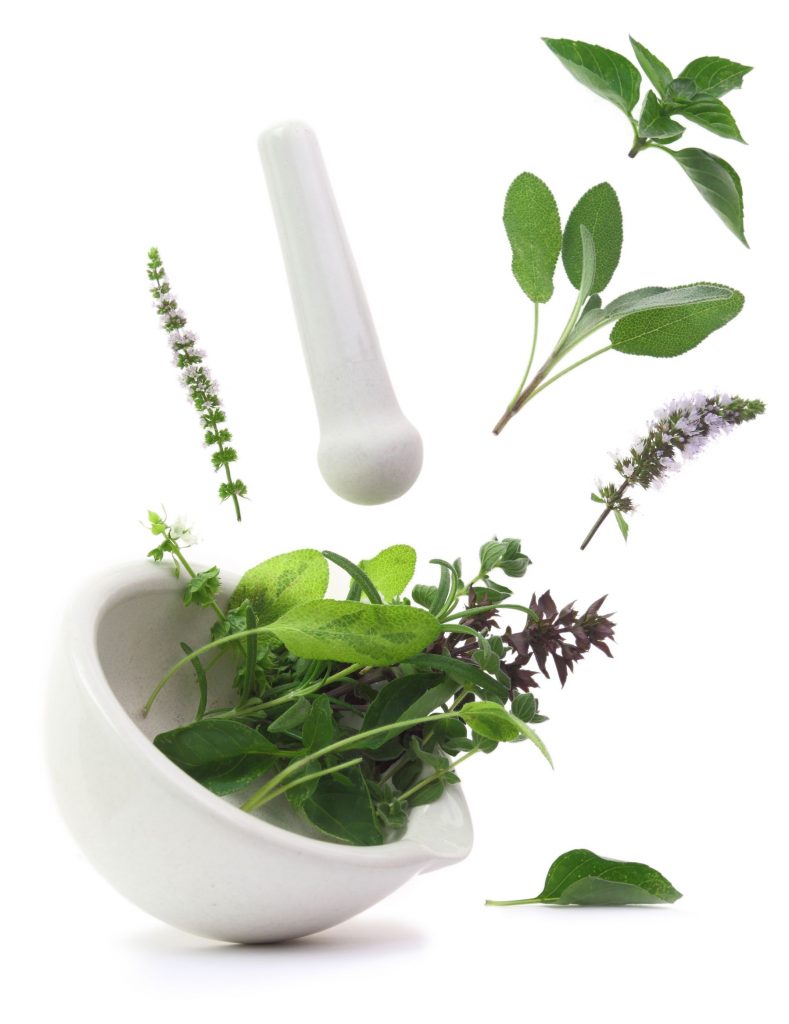
Recipe 1: Natural vaporub oxygenating blend
Ingredients:
- 22 drops Peppermint
- 20 drops Eucalyptus
- Quarter cup grated beeswax
- Quarter cup extra virgin olive oil
- Half cup virgin coconut oil
Method:
When it comes to COPD, you can always be sure that shortness of breath will be a day to day issue. As such, the last thing you need is a clogged or stuffed up breathing system. To make sure that your respiratory system is wide open and fully functional, a homemade vaporub can help your system take in even more oxygen and allow your body to overcome exercise limitations.
For this recipe, get a large mason jar and pour in all the virgin oils and beeswax. Heat a little water over a pan and place the mason jar in until the contents melt. Stir to mix the beeswax and virgin oil sand once they’re well mixed, allow them to cool and add in the essential oils. Pour your mixture into containers and allow it to set. You now have a pretty effective, all natural vapor rub blend that will help soothe irritation and substantially improve your breathing.
You could also try the L’orpur Vapor Balm.
Recipe 2: Lung healing blend
Ingredients:
- 1 drop Eucalyptus
- 1 drop Lemon
- 1 drop Peppermint
- 1 drop Birch
- 1 drop Ravintsara
- 1 tsp sweet almond oil
Method:
Eucalyptus and peppermint have been in use since the beginning of history when it comes to lung treatment. In itself, eucalyptus is an incredibly powerful decongestant with potent antiseptic and expectorant properties. What’s more, it absorbs immediately into the lungs for faster healing. I added peppermint and birch essential oils due to the cooling and rejuvenating effect while the lemon gives your immune system a much needed boost to overcome bacterial infections, germs and viruses.
To make use of this lung healing recipe, start by cleaning and drying your hands properly before handling these oils. Place one drop each of the above essential oils as indicated in a small glass dish and add in 1 tsp of sweet almond oil. Place the mixture in your palm, rub both hands together and then cup them over your nose. Careful not to touch our skin while inhaling the blend. Do this twice a day to alleviate symptoms of asthma, pneumonia, colds, shortness of breath and other respiratory issues that are typically associated with COPD.
Recipe 3: Homemade Cough Syrup

Ingredients:
- 1 drop Lemon
- 1 drop Oregano
- Tablespoon of honey
Method:
For centuries, essential oils like oregano have been helping people find relief from coughs and a wide range of upper respiratory issues. Packed with anti-inflammatory, calming and anti-aging compounds, oregano oil is precisely what the lungs need to kick-start the healing process. You already know about the potent antibacterial and clarifying properties of lemon, which is what makes it another critical ingredient in our syrup.
To make use of this recipe, place the honey in a glass and add in the 2 essential oils while stirring. Once everything is well mixed, down the hatch it goes. Conventional cough recipes have too much sugar and often come with side effects. This home-made syrup will not only soothe sore throats, but also boost the immune system and let you breathe much easier by eliminating sputum.
As always, consult with your doctor before ingesting any essential oils.
Recipe 4: Giant COPD Inhaler
Ingredients:
- 5 drops Eucalyptus
- 3 drops Marjoram
- 6 drops Peppermint
- 4 drops Juniper Berry
Method:
Common sense dictates that the quickest way to your lungs is through the breathing system. That’s why anyone with COPD needs to learn how to make their own inhaler. When done right, this formula will not only help in reducing shortness of breath, wheezing and coughing, but also prevent acute exacerbation from completely taking over. What’s more, it will also help heal some parts of the lungs damaged by emphysema.
For this inhaler to work, you’ll need to boil about 4 cups of water in a small pot and add the essential oils in after turning off the burner. Next, cover tightly with a lid and wait for a few minutes before removing it. Quickly lean over the pot and cover your head with a towel to ensure none of the vapors are lost. Breathe in the inhalation blend every 10 to 30 seconds and remember to keep your eyes closed to protect them from the steam.
Recipe 5: Massage Blend for Emphysema
Ingredients:
- 7 drops Cedarwood
- 4 drops Eucalyptus
- 6 drops Thyme
- 1 ounce (30ml) carrier oil (almond, jojoba)
Method:
To make use of this recipe, blend all the essential oils in a nonreactive container and mix in your preferred carrier oil. Pour the blend into a glass bottle. Take a few drops and massage your chest area 2-3 times a day for congestion relief.
Recipe 6: Respiratory Suppository Blend
Ingredients:
- 1 drop of Eucalyptus
- 1 drop Peppermint
- 1 drop Chamomile
- Castor oil
- Capsule 00
Method:
According to a recent research done right here in the US, another easy way to reach the lungs is by coming from underneath, i.e., the colon. Not only is this more effective than other methods, but the essential oils don’t have to deal with damaged tissue directly.
With this respiratory suppository blend for COPD, the oils will reach the lungs in a matter of minutes. To reap maximum benefits from this treatment, simply place the drops of essential oils in a capsule and top it off with castor oil for lubrication. Push it as far as it will go and wait for the benefits to kick in in a few short minutes.
Recipe 7: Breathe Relief Formula
Ingredients:
- 4 drops Lemon
- 4 drops Eucalyptus
- 6 drops Thyme
- Inhaler
Method:
Sometimes, the symptoms of COPD could really be overwhelming and brutal. This especially applies to individuals with acute exacerbation which can make life very uncomfortable for the person.
To resolve a cough, acute exacerbations, stuffiness, congestion, and other breathing problems, simply add the above essential oils in a small bowl and mix well. Remove the cotton insert of the inhaler into place into the bowl of oils, making sure the oils are completely absorbed in the cotton. Transfer the insert into the inhaler and secure tightly. Breathe in as needed.
Recipe 8: Diffuser Blend
Ingredients:
- 10 drops Rosemary
- 8 drops Peppermint
- 8 drops Lemon
- Diffuser
Method:
Add the above essential oils to your diffuser, especially when sleeping at night and your breathing and sleeping will improve significantly.
3 Home Remedies For COPD
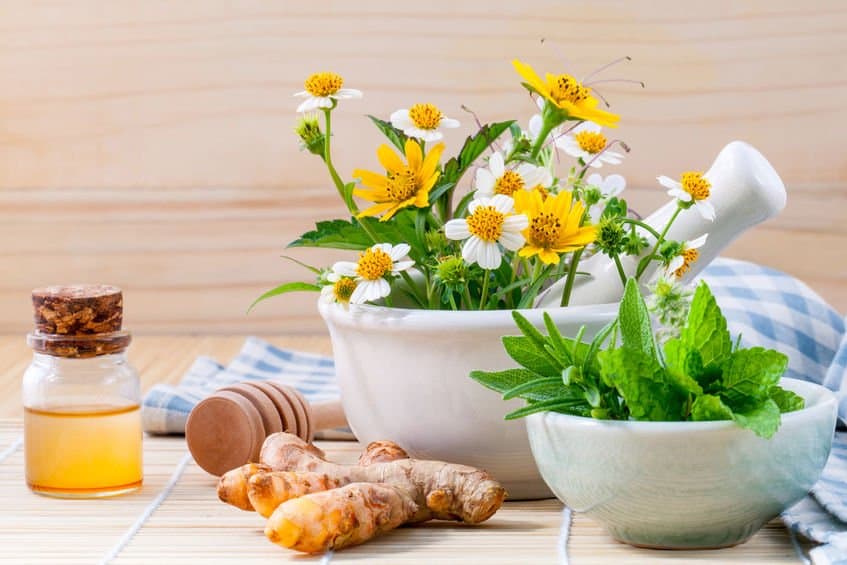
Just like any other medical condition, there are always some age-old home remedies that different people from different parts of the world use. I’ve compiled some of the most popular and effective home remedies for chronic obstructive pulmonary disease.
1. Avoid ALL Forms of Smoke
It might not be so much of a home remedy as it is a doctor’s recommendation, but smoking cessation is key to both preventing and managing COPD. The most essential step in conventional, natural and alternative treatments plans for COPD all call for ceasing, desisting and avoiding all forms of smoke.
This includes cigarettes, cigars, electronic cigars, water pipe smoke, marijuana, and other smokables. Similarly, you should do your best to avoid air pollution and irritants such as indoor fireplaces, heavy metals, chemicals, dust, fumes and other sources of occupational exposure. This will really help keep the COPD from getting worse and your lungs from acquiring any further damage.
2. Dietary Recommendations
A healthy diet can really help keep the symptoms of COPD in check and manage the progression substantially. As always, some foods are considered mainstay when it comes to fighting COPD while others should be entirely avoided.
Your diet should consist of plenty of fresh vegetables, citrus fruits, and proteins from sources such as wild-caught fish. That’s because anything with omega-3 can helps reduce inflammation and improve the body’s overall immune system.
If you have advanced or severe COPD, then you definitely need to steer wide and clear of conventional dairy products. Pasteurized dairy has been shown to be mucus-producing which can plug the airways in the lungs even more.
Likewise, you also want to stay away from canned, frozen and processed foods as well as added sugar. All the additives, preservatives, food dyes and highly inflammatory compounds tend to contribute heavily to breathing problems. And finally, you’ll also want to up your daily intake of water and fluids to thin the phlegm and mucus in your respiratory system for easier clearing.
3. Reduce Stress
Like all other health issues, diseases and conditions, stress and anxiety only make the symptoms of chronic obstructive pulmonary disease worse. When you have symptoms like an inflamed airway, shortness of breath, productive coughs, and a rapid heartbeat, the last thing you need is stress and mental pressure.
Stress and anxiety will only compound to the symptoms and make them ten times worse leading to even more severe health issues. If you have COPD, always try to make time and relax both your mind and body with some natural stress relieving technique and activities. This will really go a long way towards managing and slowing down the disease’s progression.
Parting Shot
There you have it readers, that’s where we wrap up today’s informative and detailed segment on COPD. As promised, everything you need to know about Chronic Obstructive Pulmonary Disease is at your fingertips.
Now, you should be well-informed on what to expect if you have the disease. The power to actually do something about it is in your hands, and don’t let anyone tell you any different. I wish you all the best in your journey to healing and recovery and as always, Olivia’s here to lend a helping hand and supportive shoulder to anyone who needs it.

